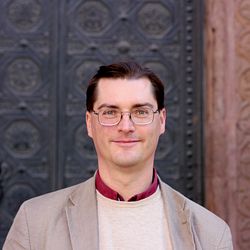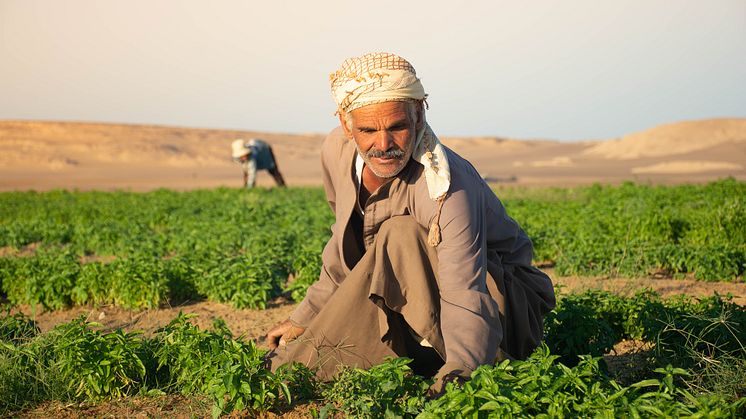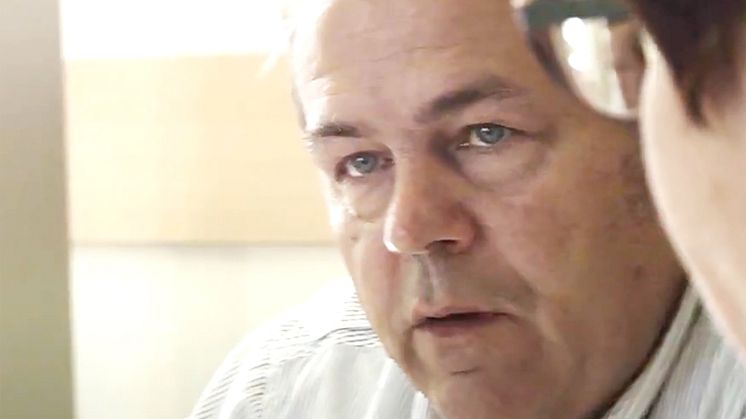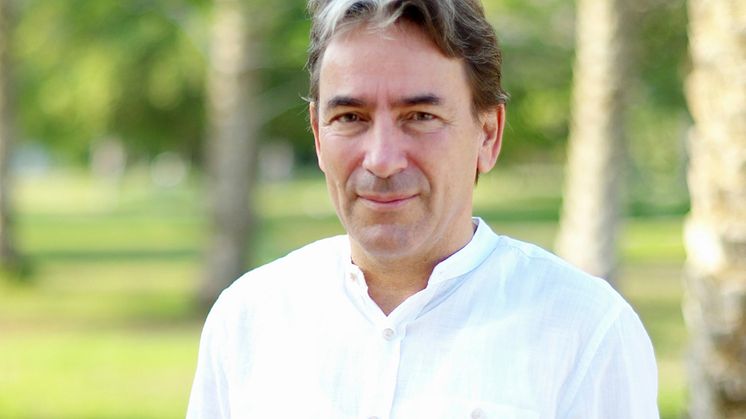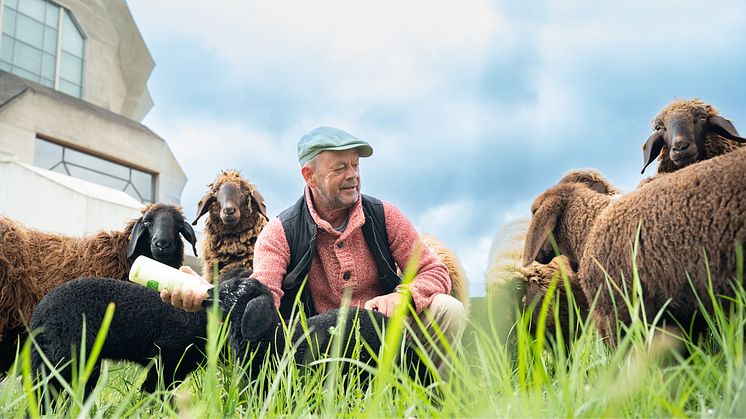
Press release -
“On the Earth we want to live” >>> Anthroposophy: pioneer of sustainability
Goetheanum, Dornach, Switzerland, 24 October 2025
Anthroposophical visions are being put into practice and developed around the world in business, education, agriculture and medicine. Brands such as ‘Alnatura’ or ‘Sonett’, ‘Waldorf Schools’ and ‘Demeter’ are examples of this and they all contribute to sustainable development, as is illustrated in the compendium ‘On the Earth We Want to Live’, with contributions from 75 authors, published by Springer Nature.
Sustainable development is more than just an abstract concept or political tool. As pioneers of sustainable development, a discipline institutionally established around 1972, many projects, organizations and companies have demonstrated this; they include biodynamic farms, Waldorf schools, holistic medical practices, ecological banks, socially responsible companies and an integral science of life.
Its practitioners derive from the complex system of earthly and cosmological relationships a sense of responsibility for social justice, the dignity of the earth and the promotion of productive and holistically thinking individuals. For them, inner development is a precondition for outer transformation. They expand the usually ecological, social and economic considerations of sustainable development by the cultural and spiritual dimensions of anthroposophy and see the earth as a living organism and human beings as potential active contributors to its evolution.
In their book ‘On the Earth We Want to Live‘, Johannes Kronenberg and Edith Lammerts van Bueren discuss the potential of the social threefolding concept if it can unfold in a sustainable economy that is not primarily governed “by regulations and laws” or by “free market competition and profit maximalisation” but “by the principle of solidarity and associative organisational structures” supported by civil society. Twenty-seven pioneering companies working in fields such as medicine, education, social development, agriculture and food processing present their guiding principles. They include, for instance, Alnatura, Freie Gemeinschaftsbank Basel, Weleda, Voelkel, Sonett, Stockmar, Eosta & Robin Food Coalition and Odin Foodcoop, social organizations such as Kufunda Learning Village, Monte Azul and the Friends of Waldorf Education, architecture firms such as 9graden architectuur and research institutes such as The Nature Institute. Eighteen authors describe from a scientific perspective how anthroposophy contributes to sustainable developments.
In view of the multidimensional crises, Johannes Kronenberg and Edith Lammerts van Bueren rely less on “control instruments or a labyrinth of certifications” but rather on sustainable development that inspires action and hope for “an earth we want to live on”.
(2694 characters, 380 words/SJ; English by Margot M. Saar)
Book Johannes Kronenberg, Edith Lammerts van Bueren (Editors): On the Earth We Want to Live. Anthroposophy‘s Contributions to Sustainable Development, 638 pages, Springer Nature, 2025, eBook (from November 2025), free to download, print edition (from November 2025), ca. 59 Swiss Francs Web
Master class and round table (English) Emerging Narratives of Sustainable Development. Are we at the end or at a new beginning of a socio-ecological era?, 20 November 2025, 1 to 9 pm CET, Kulturpark Zurich, Switzerland Web
Contact person Johannes Kronenberg
Topics
Categories
The Goetheanum is the headquarters for the School of Spiritual Science and the General Anthroposophical Society. The School of Spiritual Science with its eleven sections is active worldwide in research, development, teaching, and the practical implementation of its research findings and is supported by the Anthroposophical Society.

